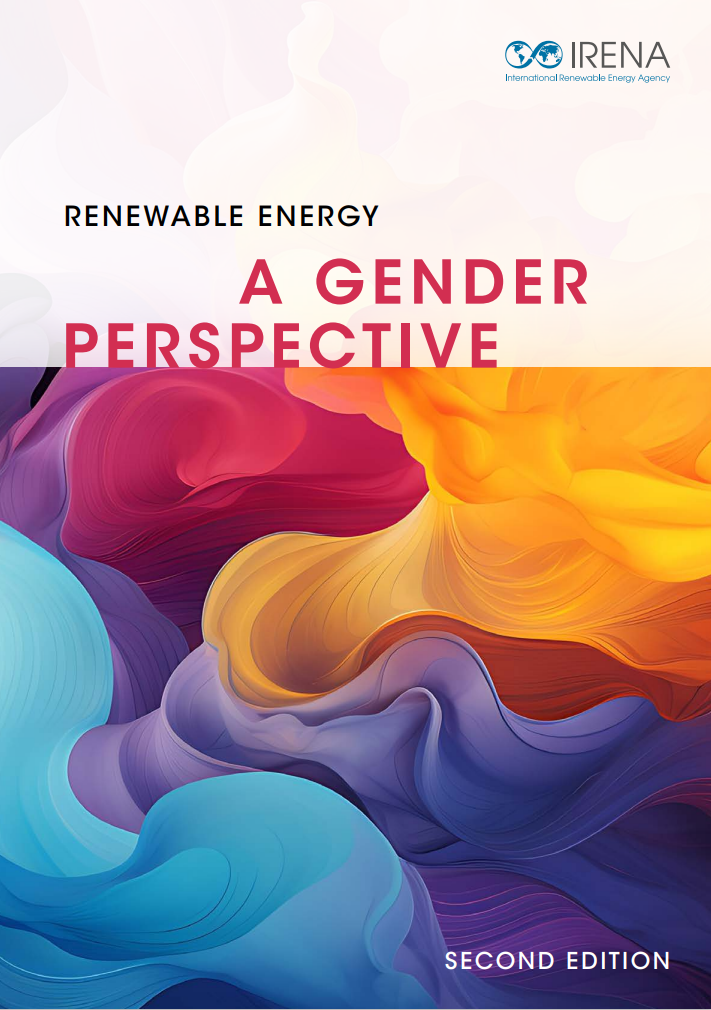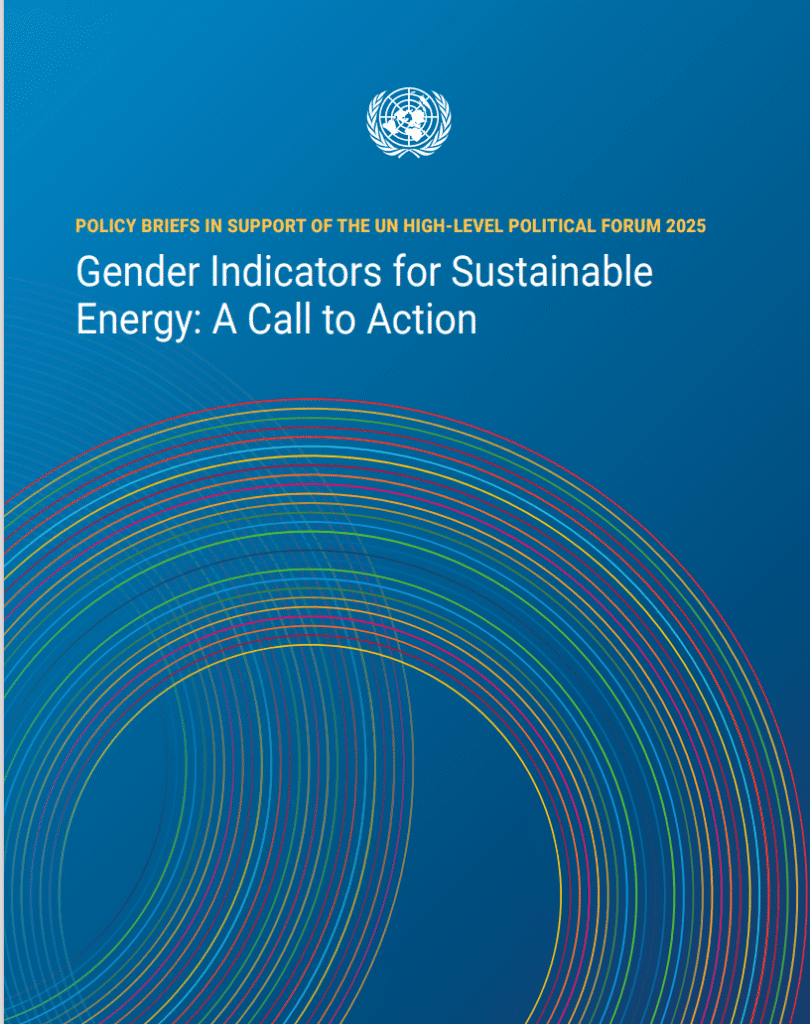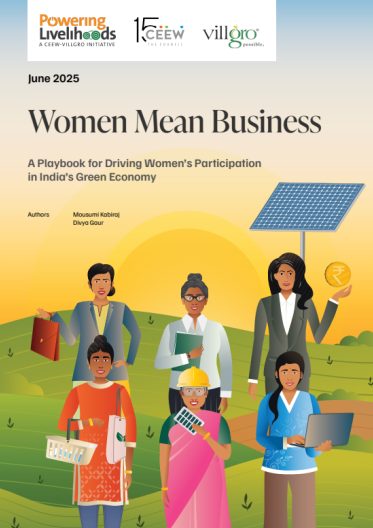This report presents an overview of the status of women’s participation in the Brazilian solar energy market.
Data was collected on professionals employed in the solar sector – specifically those available in the Annual Social Information Report (Rais) – and primary data on women working directly or indirectly in the solar sector, via an online questionnaire, with the participation of 251 respondents.
The study was commissioned by the C40 Cities Finance Facility (CFF), after noting in the gender analyses for the Curitiba and Rio de Janeiro projects, that gender-segregated data was lacking in the sector. The survey helps strengthen the role of women in the photovoltaic sector.
The study makes recommendations for strengthening women’s action in the solar energy sector, on the following topics:
- Education, training, access to information
- Economic opportunities
- Representation, leadership
- Health, well-being and combating violence
- Parenting




